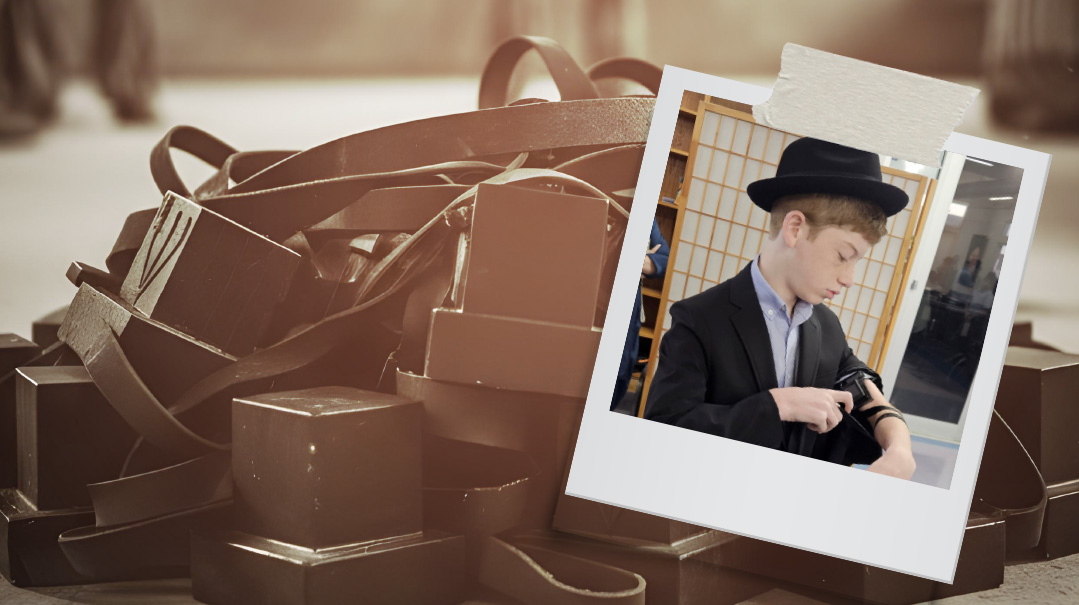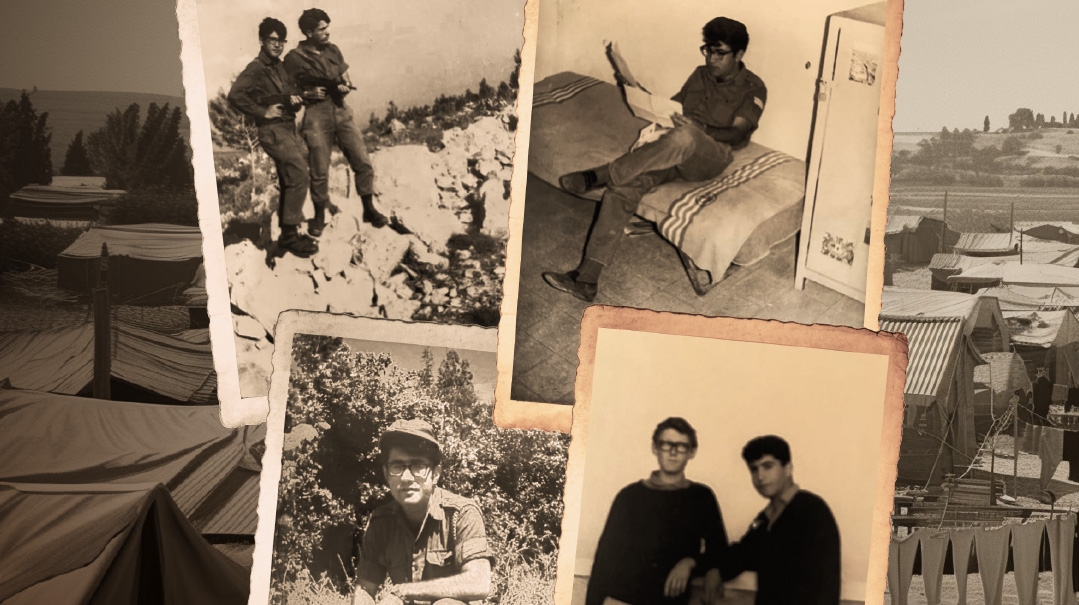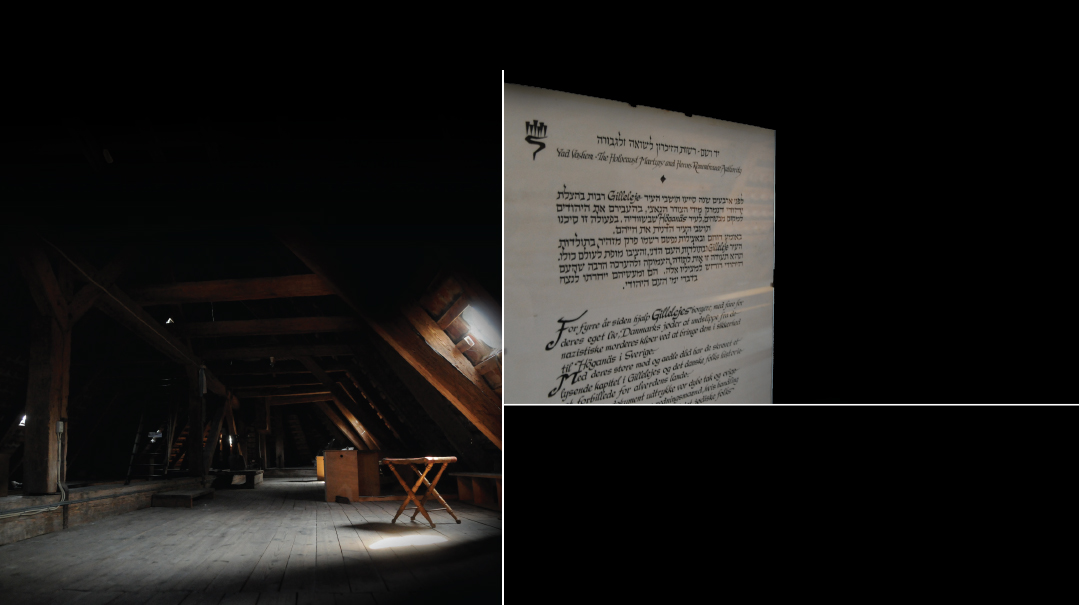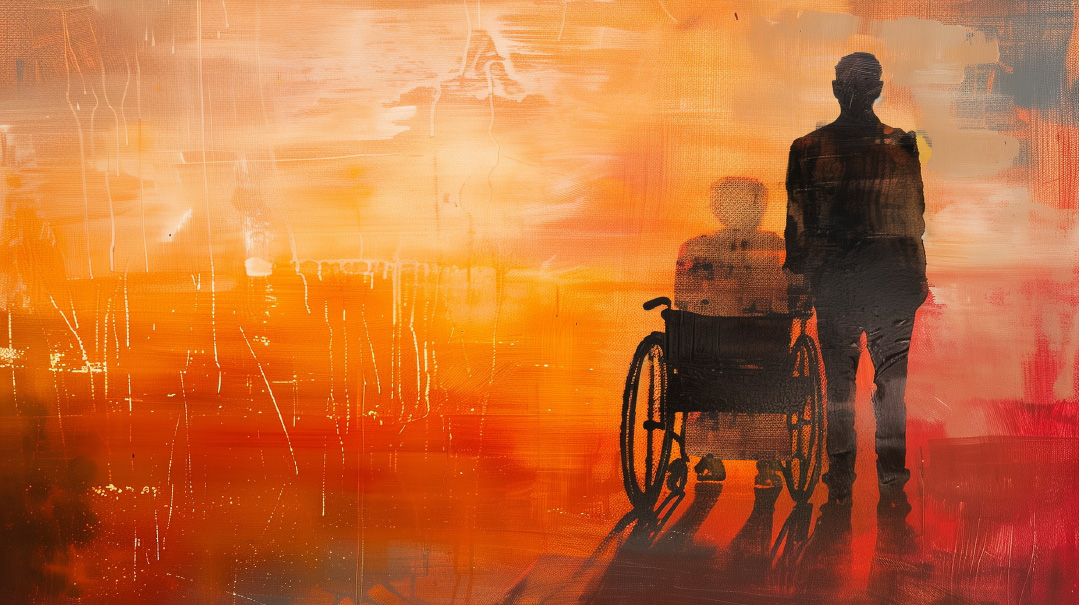Tall Guidepost

She’ll deny it, but it was always an imbalanced relationship. Chaya was the mashpia and I was the mekabel
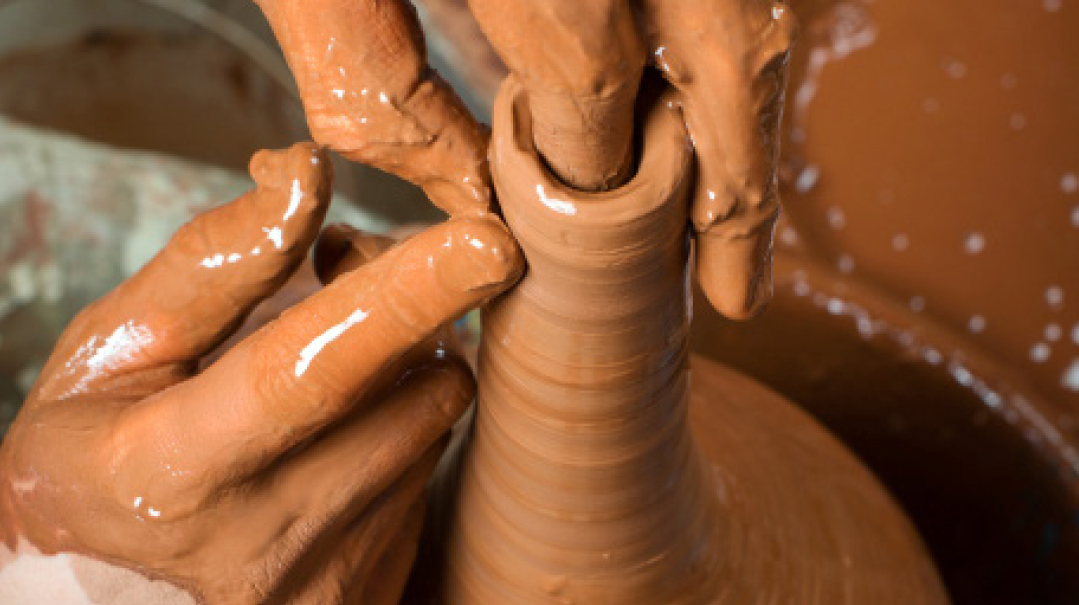
Years ago, you crossed paths. It may have been a brief encounter, it may have been a relationship spanning years. In that meeting place, something changed. Her hands warmed your essence, left an imprint upon your soul.
Seven writers sought out the women who changed them — and told them of the impact they’d had
It’s not difficult for me to think of a person who has impacted my life. There are several such people: my two grandmothers, who each have contributed tremendously to my way of thinking and being; my mother, whose image I see before me constantly; and each of my sisters, who impact me on a steady basis.
Then there’s one other person, unrelated to me, someone who has no idea what a role model she’s been to me. Once upon a time we were pretty close — I feel like we still are — but she no doubt simply considered us friends, while I saw her as a friend, role model, and mentor.
I don’t recall a time in my life when we didn’t know the Werfels; we always knew Joe z”l and at some point during my school years he married Julie. They were close family friends, and as Julie was sort of halfway between my mother’s age and that of my sisters and me, she was friendly with all of us. After seminary I worked for Julie — who subsequently became Chaya — for several summers and we became even closer.
After I married and moved to Eretz Yisrael, I got the shock of the decade when I received a call one day: Chaya was in Yerushalayim on a pilot trip. The Werfels were making aliyah.
Typical Chaya, I remember thinking, good enough is never good enough. They had a great life in New York; they were part of a strong community with excellent chinuch, wonderful friends, they both enriched their surroundings and gained from their community. They could ride on the momentum of being in a wonderful place in ruchniyus and gashmiyus.
But for the Werfels, good enough is never good enough. Every new day of life is a chance to become closer to Hashem than we were yesterday, or an hour ago. Everything we have in this world, talents, strengths, even the breaths we take is a vehicle to serve Him better. And so, to Israel it was — which was great for me!
She’ll deny it, but it was always an imbalanced relationship. Chaya was the mashpia and I was the mekabel. I’m not sure if I recognized it at the time, because Chaya is an incredibly down-to-earth, normal woman. She’s not a person you meet and say, “Wow, she’s soooo holy! What an experience!” No, Chaya is a fun, peppy, real person who draws you in with her warmth and million-dollar smile. Her impact on me wasn’t a sudden, one-hour-in-bright-sun sunburn, which goes away in a week, but a slow and steady exposure that seeps into your skin and leaves a deep, lasting tan, altering your complexion.
It was Chaya who introduced me to the notion of “having a good schmooze” with Hashem. We were talking about parnassah when she said, “Talk to Hashem. He’s our Father, He knows what we need. Have a good schmooze with Him!”
Now it’s a popular concept, but twenty years ago it was a novel idea for a Bais Yaakov girl. (Davening, Tehillim, certainly…. but schmoozing? Yep, schmoozing!)
Recently, my daughters were watching a video of a play that had been screened in Yerushalayim. I came into the room and was shocked to see Chaya Werfel in all her dramatic glory on the set of this hilarious comedy. That was Chaya; even as a busy mother of her large brood, she was passionate about using the gifts Hashem had given her by joining a kumzitz, singing in a choir, or performing in a play. It wasn’t to make her feel good — it was to serve Hashem.
Some time after my move to the States, I asked Chaya for her email address.
“Email Joe at work, he’ll print it out and bring it home,” came her reply.
That’s when I discovered that Chaya — totally up-to-date, normal Chaya — didn’t have Internet access. Forget about a smartphone like plenty of her contemporaries, the Werfels didn’t even own a computer!
“Ah, it’s just more distractions, that’s not why we’re here,” she said casually.
Boy, did I have a long way to go.
So, no, finding the person who has impacted my life and pushed me to crawl out of my comfort zone, to try mightily never to stagnate in my personal life or in my avodas Hashem, wasn’t the challenge.
The challenge was calling her to tell her so.
Since my move to America over a decade ago, Chaya and I sort of lost touch. We still feel close, but have only spoken three or four times. But after some 35 years of knowing her, the time had come to tell her how she’s made a difference in my life.
My heart was pounding and I was feeling lightly nauseous. This is soooo not my type! my brain was protesting, this is for mushy-touchy-feely people! I dialed anyway, and Chaya’s greeting made everything worth it.
“Woooooooooowwww!” she exclaimed in lieu of “hello,” having seen my name on her caller ID. How can you not love a person like that?
So we spoke. And spoke and spoke. I cried when I told her how she’s an inspiration to me, and I cried when she said no, no, it wasn’t her, it was all Joe’s influence. So typical!
We schmoozed for a while. I told her how although she’s a role model, I feel like I’m light-years away from where I should be. When she was at my stage in life, she wasn’t only raising her large family, and doing it well, she was out there doing things, serving Hashem with all of her gifts, while I’m just trying to keep my house running. Though she’s been hit with some heavy nisyonos, she exudes such serenity in her connection with Hashem — what was her secret?
“Go read Rabbi Aharon Margalit’s book,” she advised. (I ran out to buy it immediately.) Again, passing the credit elsewhere — that book hadn’t yet been written when Chaya was already knee-deep in being, well, Chaya.
I’ll never reach Chaya’s level, but I feel fortunate to have her as an amazing guidepost.
On the Other Side
Chaya Werfel’s take:
After listening to Shoshana tell me how I impacted her life, I got off the phone with an incredulous smile plastered on my face. Half of the smile expressed, “I am so incredibly touched.” The other half screamed, “Me?! She lives in Lakewood! Loads of inspiration there! Why me?”
Then I took a deep breath and tried to recall a memory of the kind of emunah and bitachon Shoshana claimed I had and wished she could emulate. This would make more comfortable for me to accept such an honor. I came up with the following:
We were in a hospital room in faraway Belgium while my 13-year-old son underwent an eight-hour surgery to remove a large benign tumor wrapped around his spinal cord. I was enamored of my husband’s calm and I couldn’t hold back any longer.
“You really don’t look worried!” I said. “Where does your emunah and bitachon come from?”
He looked me in the eye and responded, “I’m not sure, but what I do know is that at some point in my life, I just felt that Hashem lives inside of me, so how can I be scared?”
Four years later found us back in the same hospital, different room. We were waiting for the same surgeon to hopefully completely remove the same tumor that, while significantly smaller, was still dangerously wrapped around my son’s spine.
As I put down my Tehillim, my husband commented to me, “Y’know, you’re so different this time, what is it?”
“Well,” I replied, “it’s been a long struggle, but I think Hashem lives inside of me, too.”
(Originally featured in Family First, Issue 694)
Oops! We could not locate your form.






